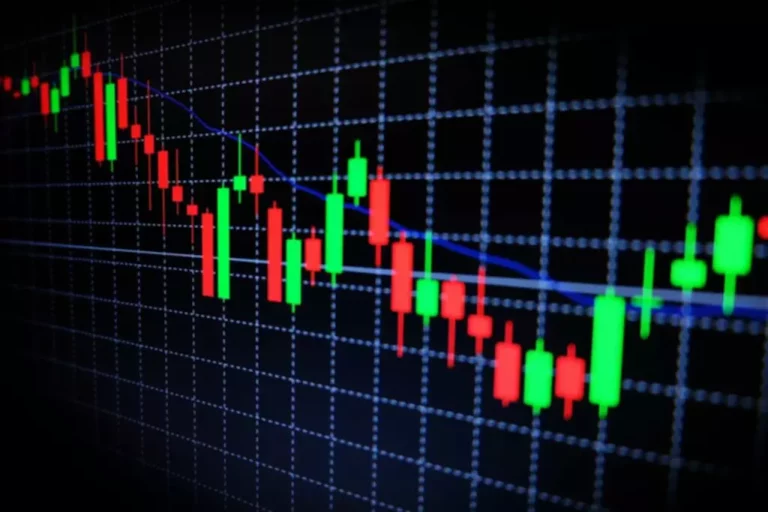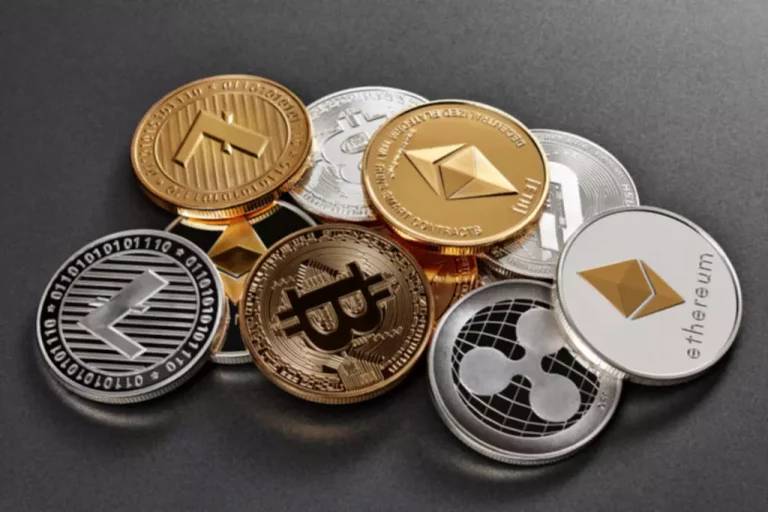A Deep Dive into Public Dark Pool Trading in Australia
Content
Advocates of dark pools insist they provide essential liquidity, allowing the markets to operate more efficiently. A dark pool is a privately organized financial forum or exchange for trading securities. Dark pools allow institutional investors to trade without exposure until after the trade has been executed and reported. Dark pools are a type of alternative trading system (ATS) that gives certain investors the opportunity to place large orders and make trades without publicly revealing their intentions during the search for a buyer or seller. As https://www.xcritical.com/ we conclude our exploration of crypto dark pools, it’s evident that these alternative trading platforms play a significant role in shaping the dynamics of the cryptocurrency market. While offering advantages such as reduced market impact and enhanced pricing, dark pools also present challenges such as price disparities and information asymmetry.
What’s special about Dark Pools and Dark Pool trading?
Securities or other financial instruments mentioned in the material posted are not suitable for all investors. The material posted does not take into account your particular investment objectives, financial situations or needs and is not intended as a recommendation to you of any particular securities, financial instruments or strategies. Before making any dark pool trading platform investment or trade, you should consider whether it is suitable for your particular circumstances and, as necessary, seek professional advice.

3 The challenges faced by the new regulatory package

Tamta’s writing is both professional and relatable, ensuring her readers gain valuable insight and knowledge. If an investor wants to sell a major portion of a company’s stock on a public exchange they must Digital asset declare their intention, and run the risk that the value of the stock will drop thanks to the swell in supply. Dark pools remove this risk by announcing deals only after they have taken place, and restricting access to deals. By concealing trade intentions and sizes, Dark Pools mitigate the significant price fluctuations that might occur on public exchanges if such large orders were known.
Who is the Nvidia Whale? ($1 Billion Dollar Options Trade)
No, dark pools are an alternative to stock markets and they are not related directly. Agency brokers provide unbiased advice and recommendations, ensuring that clients receive fair and objective guidance. These brokers have access to a wide range of financial products, giving clients more options when it comes to investment opportunities.
One of the main drawbacks is that these brokers typically charge higher fees and commissions compared to other types of brokers. Agency brokers have limited proprietary products, which could limit investment options for clients. They act as a neutral third party, matching buyers and sellers without having a stake in the trades. Examples of agency brokers or exchange-owned entities include ITG, Liquidnet, Instinet, T Rowe Price etc.
ATS, especially dark pools, allow large institutional investors to trade without revealing their trading intentions to the public, which can help to reduce market impact. ATS also provides traders with the flexibility to execute trades without having to follow strict rules and regulations that are imposed in traditional stock exchanges. It places more emphasis on promoting market efficiency rather than enhancing market integration (Yeoh, 2019).

The legal framework regulating algorithmic trading and dark trading has been revised as a result of several events, including the Barclays case. The court’s verdict stated that materiality can only be viewed from the perspective of an institutional investor and not a non-expert (People v. Barclays Capital, 2015). Materiality, a critical factor in a Martin Act claim [12], renders immaterial representations that impact investment decisions non-actionable. The investment bank unsuccessfully argued that the scope of the Martin Act is restricted to misrepresentations that affect investment decisions in transactions of a specific security. The notion that complete information makes markets efficient is essential for informational reporting requirements.
- Institutional investors started using these networks to execute large trades anonymously with the rise of computerized trading.
- Dark pools are private exchanges where stocks and other securities are traded among selected financial institutions, exchanges and significant investors.
- Dark pools allow for trading execution away from the spotlight of public markets.
- In conclusion, we suggest that while the new regulation is comprehensive and all – encompassing, its revised solutions may prove insufficient if they do not effectively adapt to the evolving trends in financial markets.
- The economic analysis of legislation also helps regulators assess the impact of new legal provisions on the functioning of capital markets [5].
- First, the extensive use of sophisticated, innovative trading technologies can lead to a liquidity shock.
They came about as a way for large-scale investors to make deals with each other that would not result in an adverse price move against them. These are operated by exchanges themselves, allowing members to trade directly with each other. SoFi has no control over the content, products or services offered nor the security or privacy of information transmitted to others via their website. We recommend that you review the privacy policy of the site you are entering.
Electronic trading and an SEC ruling in 2005 that was designed to increase competition and cut transaction costs have stimulated an increase in the number of dark pools. Dark pools can charge lower fees than exchanges because they are often housed within a large firm and not necessarily a bank. A common criticism of dark pools is that if there is enough volume traded through dark pools, stock prices on public exchanges may not reflect the actual market value. Dark pool trades are typically reported differently than trades on public exchanges. In public markets, trades are reported in real-time and are readily visible to the public. In contrast, dark pool trades are initially concealed and reported differently to maintain the confidentiality sought by the participants.
Critics of dark trading argue that dark pools reduce market transparency and price efficiency, and create conflicts of interest between brokers and dark pool providers. In addition, fairness concerns dominate recent regulatory actions and are frequently highlighted in the press. For example, dark pool trading can be manipulated to favor front-running institutional investors heavily reliant on HFT in exchange for large lump-sum payments (Lewis, 2015; Vaananen, 2015). The rise of dark trading is closely linked to the unprecedented growth of HFT, as technological advances have accelerated the speed of new information discovery and reduced trading latency.
These findings are novel in the existing literature on HFT through dark pools. They improve our understanding of dark trading and its impact on competition and market efficiency. In addition, this research can assist policymakers in designing effective financial market regulation. The economic analysis of legislation also helps regulators assess the impact of new legal provisions on the functioning of capital markets [5]. These findings are novel in the existing literature on high frequency trading through dark pools.
Dark pools are a fascinating yet often misunderstood aspect of financial markets. These private trading venues allow institutional investors to buy and sell large blocks of securities away from the public eye, offering benefits like reduced market impact and enhanced anonymity. However, one of the critical questions surrounding dark pools is when and how the trades executed within them are reported. In general, there are three primary methods for creating and maintaining liquidity through dark pools. First, when dark pool operators act as systemic internalizers (see Section 3), liquidity is enhanced by leveraging retail flow. Second, brokers direct public liquidity to dark platforms, thereby removing liquidity from public markets that could affect price discovery.
Moreover, the increasing use of HFT technology made it difficult to execute orders timely because of the lack of the changing liquidity levels these activities caused. However, dark pool exchanges are totally legal and are regulated by the US Security and Exchange Commission (SEC), which administrates the market and ensures that participants act in good faith. Additionally, SEC regulations generally require ATSs to be operated by FINRA member firms, subjecting them to applicable securities laws and regulations. ATSs are also subject to additional fair access requirements, and those that trade listed securities must submit disclosures regarding the nature of their trading operations via Form ATS-N. The SEC publishes those disclosures, along with a regularly updated list of ATSs, on its website.